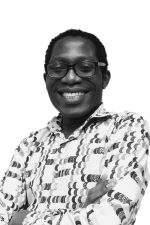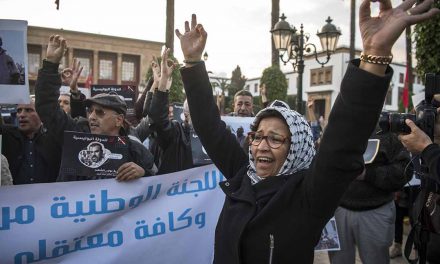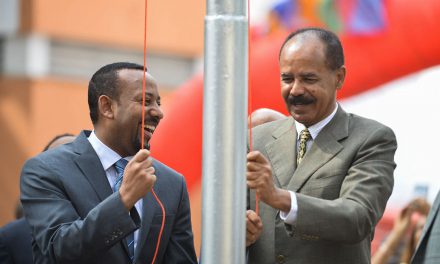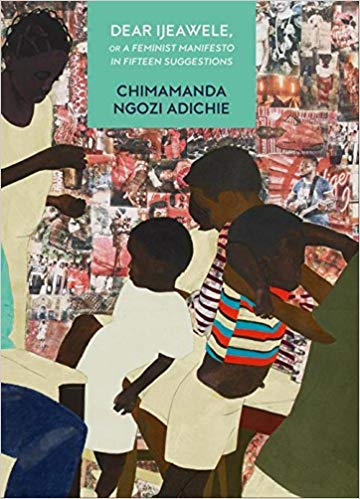Biden and Africa: contextualising the debate on homosexuality
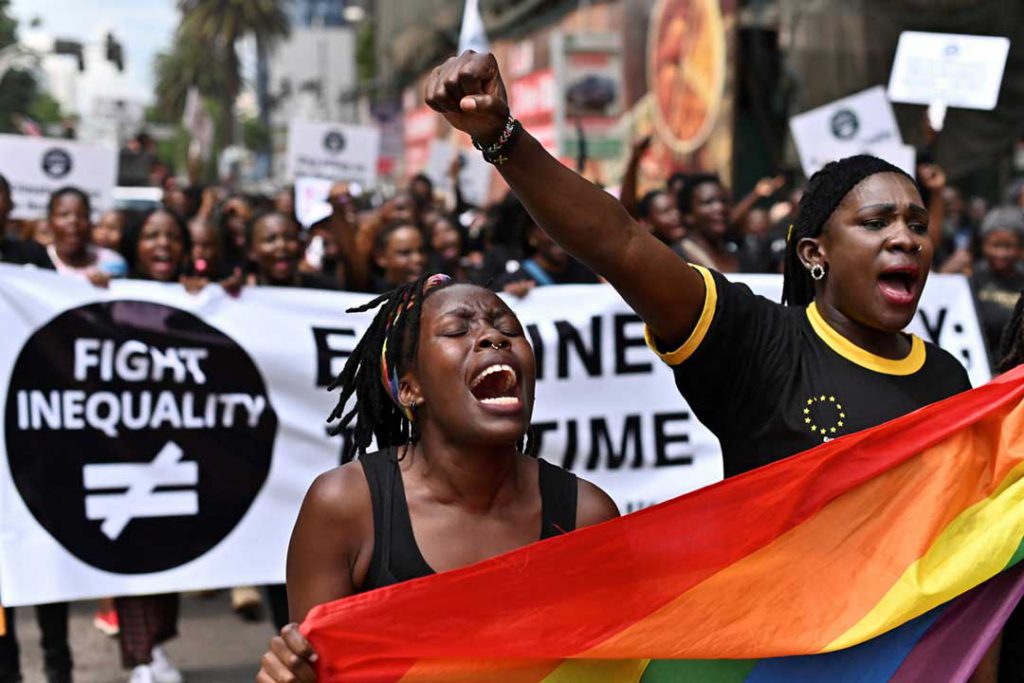
Women gesture as the hold a rainbow flag while social activists demonstrate for the agitating recognition of rights by the Kenyan government as they commemorate the International Day for the Eradication of Poverty, chanting for greater justice on land and climate issues as well as the inclusively of the LGBTQ (lesbian, gay, bisexual, and transgender) community, in Nairobi, on January 17, 2020. (Photo by TONY KARUMBA / AFP)
In this article, I discuss the administration of Joseph Robinette Biden Jr, the 46th president of the US, and his call for developing countries to liberalise and decriminalise their laws against homosexuality and the broader members of the LGBTQI+ community. In his first foreign speech in February 2021, Biden ordered all US government agencies active abroad to promote the rights of lesbian, gay, bisexual, transgender, intersex and queer (LGBTQI+) people and come up with plans within 180 days. This policy is likely to affect many countries in Africa where the law works against the LGBTQI+ community. In this paper, I discuss – through critical reflection and a review of extant literature – the complex issues of homosexuality in Africa, focusing in my conclusion on what needs to be done.
Homosexuals across the globe, and particularly in Africa, have suffered virulent attacks from mainstream conservative society for not conforming to the conventional construction of heterosexual social order. Often homosexuality is seen as an affront to hegemonic masculinity in Africa. In popular and academic discourses, entrenched positions, sometimes backed by polemical books, have confused the discussion on the subject. Religious leaders have parted company because they seem to have different ideological inclinations about homosexuality. Homophobia has received greater attention in the 21st century because many of the homosexual advocates argue that such homophobia could potentially lead to stigmatisation and social exclusion.
Discussion about homosexuality has always been subdued due to society’s hostility towards its homosexual cohort. However, in 2006, the subject gained national attention as a group of people who identify as homosexual decided to host an international conference on LGBT in Ghana. The intended conference attracted comments from many Ghanaians, and particularly religious leaders. Conservative religious leaders, both from Islam and Christianity, called on the Ghanaian government, under the presidency of John Agyekum Kufuor of the New Patriotic Party, to reject the idea of leasing the land of Ghana for such a conference. There were back and forth discussions but eventually the religious community prevailed, insisting that the government deny its permission for the conference to go ahead.
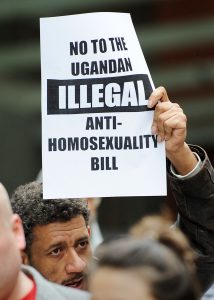
Protesters against a proposed anti-homosexuality bill in Uganda in front of the Ugandan Mission to the United Nations in New York, 2009. Photo: Stan Honda/AFP
In 2011, the issue of homosexuality re-emerged. This time, then British prime minister David Cameron sent a caution to all African leaders, including Ghana, to liberalise their legal stance on homosexuality or risk losing British aid. The issue once again spurred Ghanaians on to debate homosexuality. Here, too, then president John Evans Atta Mills of the National Democratic Congress, stated publicly that he was not going to compromise Ghanaian culture and religious sensitivity to liberalise or legalise homosexuality in the country.
In 2014, there was a renewed discussion on homosexuality following the trial of a senior medical practitioner, Dr Sulley Ali-Gabass, who was accused of sodomising a minor. The case dragged on for a year, until he was eventually slapped with 25-year jail term after the trial concluded in July 2015. In 2018 and 2021, the current president of Ghana, Nana Addo Dankwa Akufo-Addo, also stated his resolve to keep Ghana’s “nebulous” law against carnal knowledge – used against homosexuals.
The rhetoric around homosexuality centres on a debate about whether it is indigenous or foreign to Africans. This paper acknowledges the tension surrounding the homosexual debate. All the leaders of Africa who have bared their teeth at homosexual people have done so with the justification that the practice is un-African and an antithesis to African culture. Vasu Reddy in his article, Homophobia, Human Rights and Gay and Lesbian Equality in Africa, gives examples of homophobic tendencies in Africa, reporting that the former president of Namibia, Sam Nujoma, said: “Most ardent supporters of these perverts are Europeans who imagine themselves to be the bulwark of civilisation and enlightenment… we made sacrifices for the liberation of this country and we are not going to allow individuals with alien practices such as homosexuality to destroy the social fabric of our society. We are convinced that homosexuality is not a natural and objective from moral history but a hideous deviation of decrepit and inhuman sordid behaviour. In reality, lessons learned from the morals of our Namibian culture demonstrate that our morals are far more superior and acceptable to the vast majority of our people who adhered to Christianity… Homosexuality deserves severe contempt and disdain from the Namibian people and should be uprooted totally as a practice.”
The late Robert Mugabe of Zimbabwe also considered homosexuality to be very un-African and said that homosexuals were worse than dogs and pigs, who could differentiate between male and female. He considered the tolerance of homosexuality as a new form of cultural imperialism. In 1997, he is reported to have said: “Let the Americans keep their sodomy, bestiality, stupid and foolish ways to themselves. Let them be gays in the US and Europe. But in Zimbabwe, gays shall remain a very sad people forever.”
In 2009, a marriage relationship between two gay people, Stephen Monjeza and Tiwonge Chimbalanga, was contracted in Malawi. However, the two were immediately arrested for breaching the country’s anti-sodomy law, and sentenced to 14 years in prison. After intense pressure from international bodies and civil society, the Malawian president, Bingu wa Mutharika, was compelled to extend a presidential pardon to the two men in May, 2010. But, because he did it under duress, he stated on the day of their release that: “These boys committed a crime against our culture, our religion, our laws. However, as head of state, I hereby pardon them and therefore ask for their immediate release with no conditions. I have done this on humanitarian grounds, but this does not mean that I support this.”
From the above, it is obvious that homophobia is to a large extent state-sponsored, with homophobic speeches often underscored by the assumption that the practice is un-African, anti-religious, and illegitimate. By claiming that homosexuality is un-African and a demonstration of the cultural imperialism that came with the western hegemonic wave, these politicians are assuming, however tacitly, that homosexuality is a European invention that has been transposed to Africa to dilute African culture.
Even so, some scholars have challenged the premise of some homophobic speeches. Pro-homosexual advocates, including Vasu Reddy, Stella Nyanzi, Arlene Swidler, Busangokwakhe Dlamini, Stephen Murray and Will Roscoe, and Thabo Mbisi, to mention but a few, have argued that it is homophobic tendencies that are foreign to Africans, not homosexuality. They assemble several evidences from different countries in Africa to assert that homosexuality has always been indigenous to Africans. They assert that Africans had always tolerated homosexuality until the advent of European colonisers. Dlamini argues that the colonialists did not introduce homosexuality to Africa, but rather intolerance of it together with systems of surveillance and regulation of its expression. Thabo Msibi in his article, ‘The Lies We Have Been Told: On (Homo) Sexuality in Africa’, argues that homophobia is used as a front to entrench patriarchy and heteronormativity as legitimate and fixed in African societies. He argues that “the renewed efforts to label same-sex desire as un-African represent a façade that conceals neoconservatism and resurgence of patriarchy, coated in the constructs of religion, nationalism, and law”.
In his article, Homosexuality in the African Context, Busangokwakhe Dlamini argues that homosexuality has always been part of African culture, and that the practice is consistent with African spirituality, cosmology, and culture. He argues that homosexuality is not an invention or introduction of the West: the practice both preceded and survived the difficult times of colonialism, thereby discrediting the idea that it is a colonial import. Dlamini also affirms that the fact that we might not have an indigenous word to describe homosexuality does not mean that the practice never existed in Africa prior to colonialism. He thus argues that we should distinguish between practice and precept, arguing that homosexuality is not an affront to African traditional religions. Accordingly, he says, experts on ritual in traditional religions attach spiritual significance to sexuality. He argues that African traditional religions believe there is spiritual power in sexuality, with different types of spirituality associated with each of the biological sexes. It is, therefore, argued that it was Judeo-Christian sex values that suppressed homosexuality in Africa – shaping the passage of anti-homosexual laws.
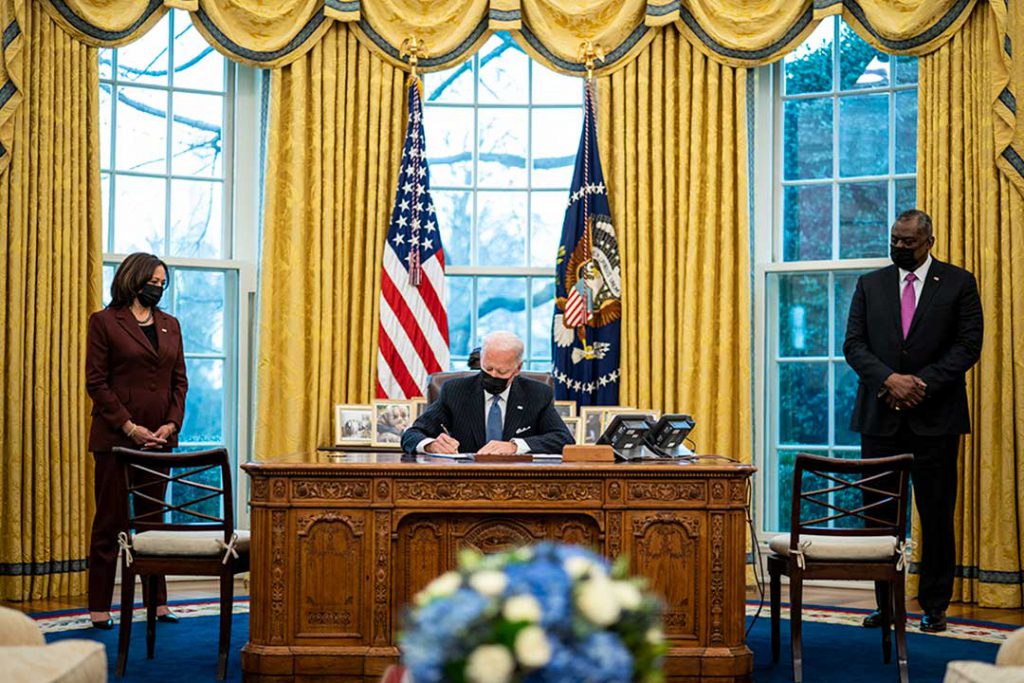
Flanked by Vice President Kamala Harris and Secretary of Defense Lloyd Austin, US President Joe Biden signed an executive order repealing the ban on transgender people serving openly in the military. Doug Mills-Pool/Getty Images/AFP
While it is not farfetched to state that homosexual practices predate colonialism in Africa, it is true that the promotion of heterosexuality has become keenly associated with “African culture” and “African values”. This is contrasted with the narrative that homosexuality is a foreign import. That most Africans take this view is routinised by the attempts by foreign diplomats in Africa and Western governments to directly encourage the decriminalisation of homosexuality. For example, on 31 January, 2021, the LGBTQI+ community in Ghana opened an office to advocate for change in the country’s anti-homosexual laws. The event was attended by some foreign diplomats, including Tom Nørring, the Danish ambassador, Andrew Barnes, the Australian high commissioner, and the European Union delegation in Ghana. While these western political elites may consider it justifiable to promote the rights of homosexual people, they regard it as important for them to be strategic by staying away from reifying the assertion that homosexuality is a foreign import.
However, it is important for the West to understand the current socio-cultural and religious spaces in Africa. Africa is largely a religious continent where secularisation of politics has not gone hand in hand with the secularisation of the public sphere. This implies that the African public sphere – where laws governing sexuality are made – is not neutral. It is infused with religions that seek to shape popular and private discourses. In the end, secularisation in many African countries follows the line of Ghana’s first president, Kwame Nkrumah’s, quest for a fusion of the three religious traditions of Africa – Christianity, Islam, and indigenous religions – to shape the public sphere. Nkrumah, a voluble Pan-Africanist, framed this creative eclecticism as “consciencism”.
It is also necessary for the West to understand how the idea of human rights operates in Africa, where “primitive” solidarity is very strong. In Africa, the idea of human rights is deeply rooted in human relationality, i.e., in communitarianism. The individual is not individual qua individual. This is captured in the Ubuntu philosophy: “I am because we are; and since we are, therefore, I am”. It is also reiterated by the British philosopher Isaiah Berlin, who stated that “Men are largely interdependent, and no man’s activity is so completely private as never to obstruct the lives of others in any way.” All this points to the fact that the rights of homosexuals – while their assertion may appeal to the West and Biden – need to be situated in context, since rights must be communally shared. The construction of human rights as a social construct is reinforced by the construction of sex as a medium of recreation and procreation. So, many Africans – backed by Christianity and Islam – frown on sexual practices used solely for recreation (as homosexuality is profiled) without eventual procreation (considered a divine-cultural mandate on human beings).
It took centuries of secularisation, beginning in the 17th century – the secularisation of knowledge – to the mid-20th century – the secularisation of morals – before homosexuality was decriminalised in the West. This was against the background that the practice was common in the Graeco-Roman civilisation – the acclaimed source of Western civilisation. This implies that the decriminalisation of homosexuality in the West evolved over time and converged with the scientific revolution, which significantly shaped its socio-religious landscape and sexuality.
Against this background, it is necessary for the West to allow Africa’s sexual ethics to also evolve, as both the West and Africans strategically discourage the abuse of homosexuals. Making the decriminalisation of homosexuality a precondition for aid will only deprive the continent of much-needed socio-economic development. As it is, the continent displays the impact of slavery and colonisation in poor sanitation and squalid living conditions, poverty, conflicts, partisan politics, and corruption. Amid all of this, it is important for dialogue, tact, and wisdom to be employed with regard to the complex issues around homosexuality.
Charles Prempeh is a PhD candidate at the University of Cambridge in the UK.

